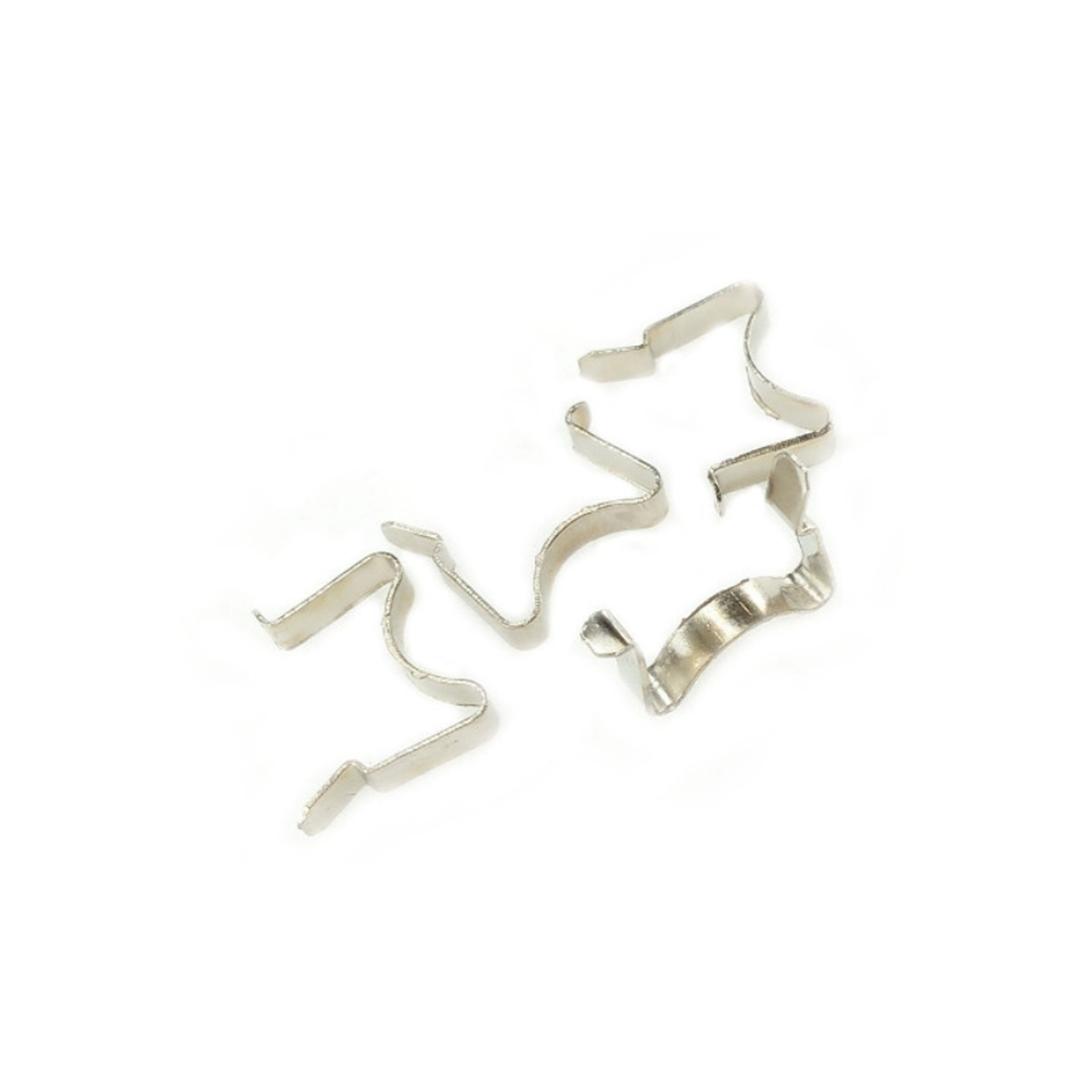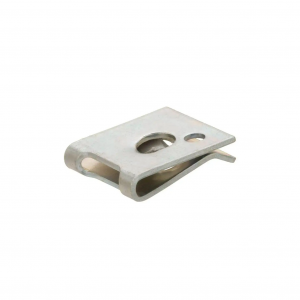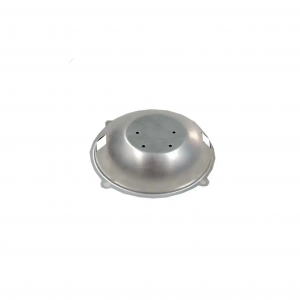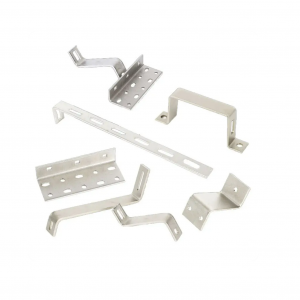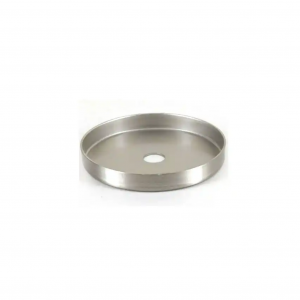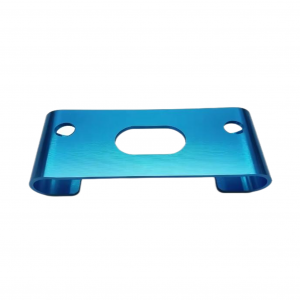Nickel plated metal stamped parts gray steel spring battery contacts
Description
| Product Type | customized product | |||||||||||
| One-Stop Service | Mold development and design-submit samples-batch production-inspection-surface treatment-packaging-delivery. | |||||||||||
| Process | stamping,bending,deep drawing,sheet metal fabrication,welding,laser cutting etc. | |||||||||||
| Materials | carbon steel,stainless steel,aluminum,copper,galvanized steel etc. | |||||||||||
| Dimensions | according to customer's drawings or samples. | |||||||||||
| Finish | Spray painting, electroplating, hot-dip galvanizing, powder coating, electrophoresis, anodizing, blackening, etc. | |||||||||||
| Application Area | Auto parts, agricultural machinery parts, engineering machinery parts, construction engineering parts, garden accessories, environmentally friendly machinery parts, ship parts, aviation parts, pipe fittings, hardware tool parts, toy parts, electronic parts, etc. | |||||||||||
Process flow
1. Pre-treatment of nickel-plated steel workpieces: Pre-treatment is crucial to the quality of the coating. The surface of the workpiece before plating must be pollution-free and in an activated state. This process mainly includes: oil removal, rust removal, polishing, and water washing.
2. Pickling activation: Soak the workpiece in pickling activator for 2-3 minutes, and then wash it with water.
3. Rinse the workpiece with hot deionized water to heat up the workpiece to prevent the cold workpiece from absorbing the heat of the plating solution and cooling down during the next step of plating, causing plating to stop.
4. Hang them dispersedly in the plating solution according to the loading ratio of 0.5-1.5dm2/liter, and control the temperature of the plating solution to 85-92 degrees Celsius.
5. There should be moderate light stirring during the plating process to make the temperature and plating solution evenly distributed, thereby ensuring the stable progress of electroless nickel plating and the consistency of the plating layer. At the same time, the plating solution must be circulated and filtered. Filter: pore size 1-8 microns, resistant to 100 degrees Celsius, acid resistant.
Quality management
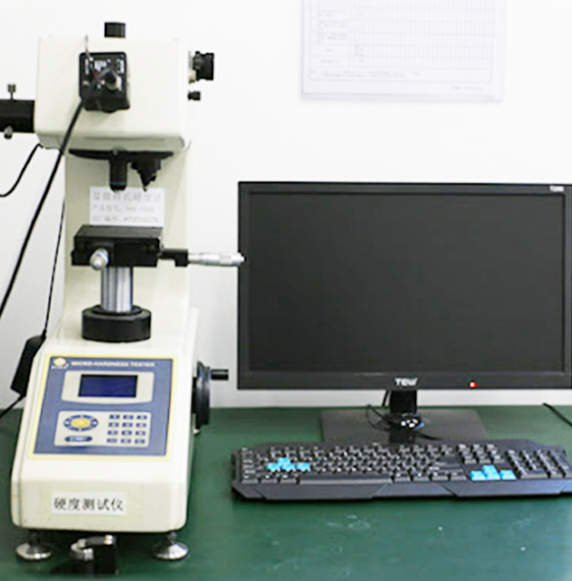
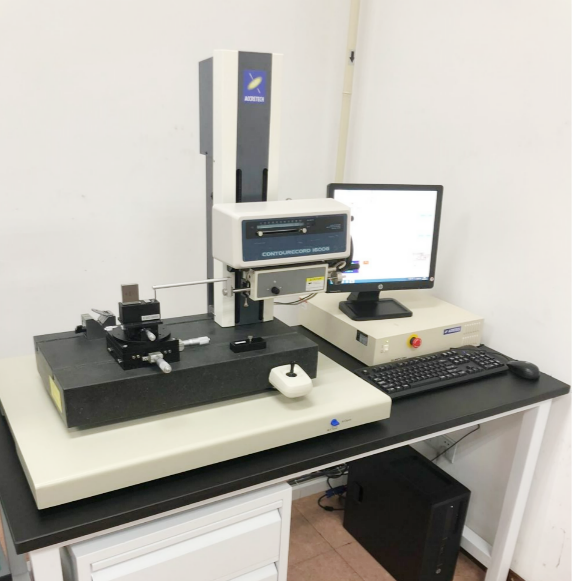
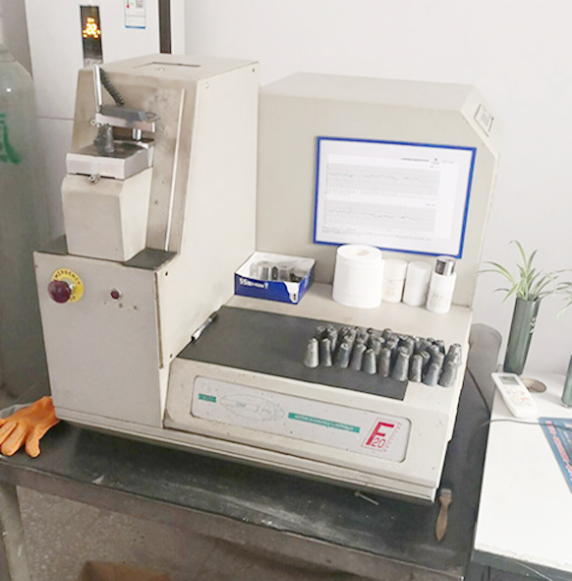
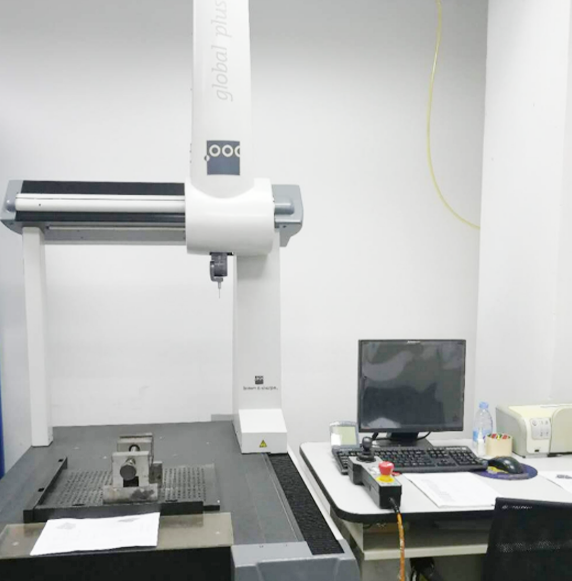
Vickers hardness instrument.
Profile measuring instrument.
Spectrograph instrument.
Three coordinate instrument.
Shipment Picture




Production Process
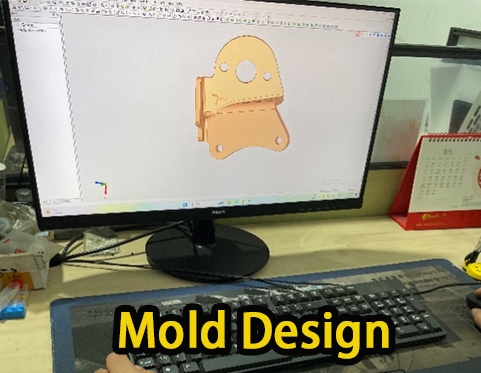
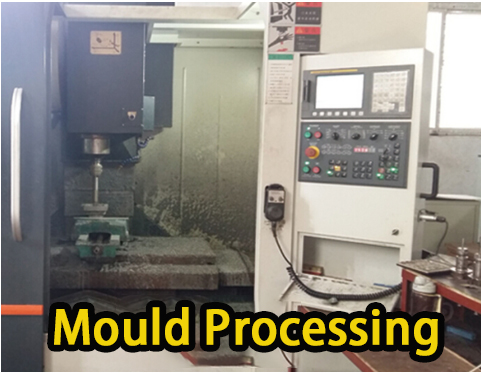
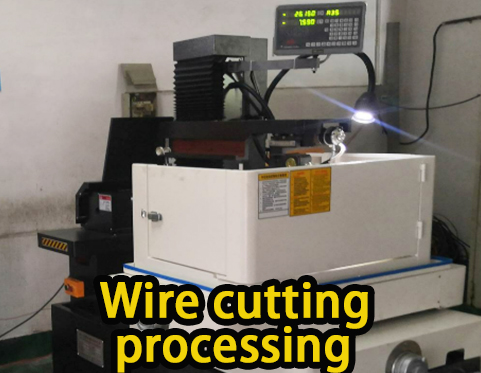
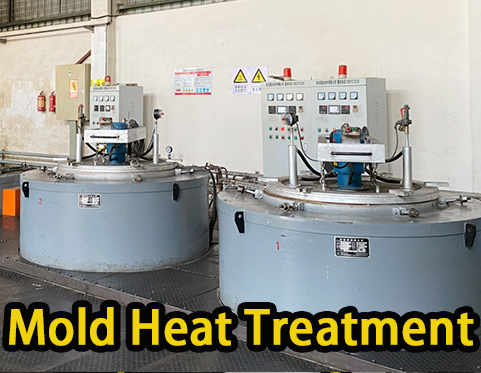
01. Mold design
02. Mould Processing
03. Wire cutting processing
04. Mold heat treatment
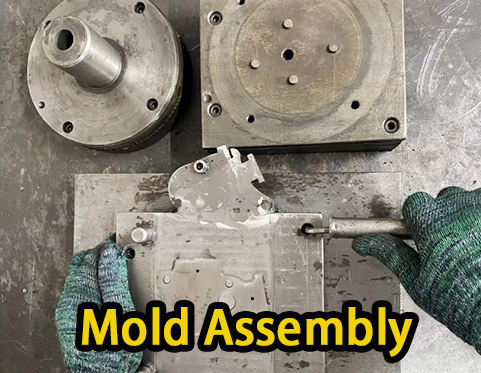
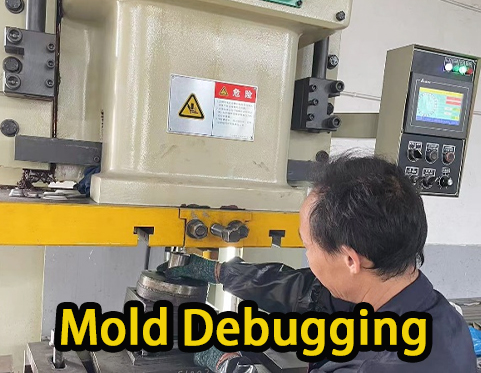
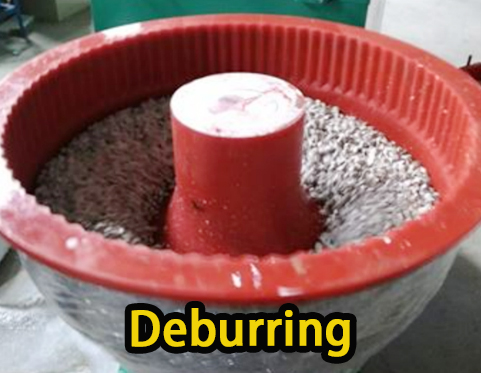
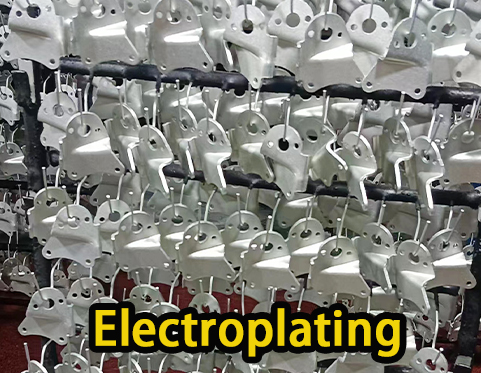
05. Mold assembly
06. Mold debugging
07. Deburring
08. electroplating

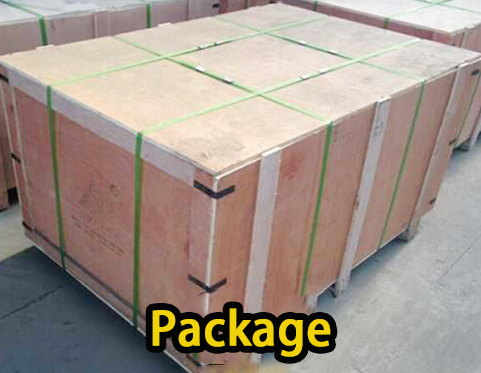
09. Product Testing
10. Package
The Stamping Process
The primary idea behind metal bending is the plastic deformation of metal materials when subjected to outside forces. The following provides a thorough overview:
The metal sheet experiences elastic deformation during the bending process, followed by plastic deformation. When plastic bending first occurs, the sheet bends effortlessly. The radius of curvature and bending moment arm decrease as the pressure that the mold applies to the plate increases and the plate and mold eventually come into closer contact.
The metal material changes in dimension as a result of elastic deformation occurring at the stress point and plastic deformation occurring on both sides of the bending point during the bending process.
Increasing the bending radius, bending the material more than once, and other changes are frequently made to prevent cracks, distortion, and other issues at the bending point.
This idea is applicable to both flat material bending and metal pipe bending, as in the case of a hydraulic pipe bending machine, which shapes the pipe using the pressure produced by the hydraulic system. Metal bending, in general, is a manufacturing technique that creates parts or components with the appropriate size and shape by plastically deforming metal.
FAQ
Q: Are you a trading company or manufacturer?
A: We are manufacturer.
Q: How to get the quote?
A: Please send your drawings (PDF, stp, igs, step...) to us by email , and tell us the material, surface treatment and quantities, then we will make a quotation to you.
Q: Can I order just 1 or 2 pcs for testing?
A: Yes, of course.
Q. Can you produce according to the samples?
A: Yes, we can produce by your samples.
Q: How long is your delivery time?
A: 7~ 15 days, depends on the order quantities and product process.
Q. Do you test all your goods before delivery?
A: Yes, we have 100% test before delivery.
Q: How do you make our business long-term and good relationship?
A:1. We keep good quality and competitive price to ensure our customers benefit ;
2. We respect every customer as our friend and we sincerely do business and make friends with them, no matter where they come from.

